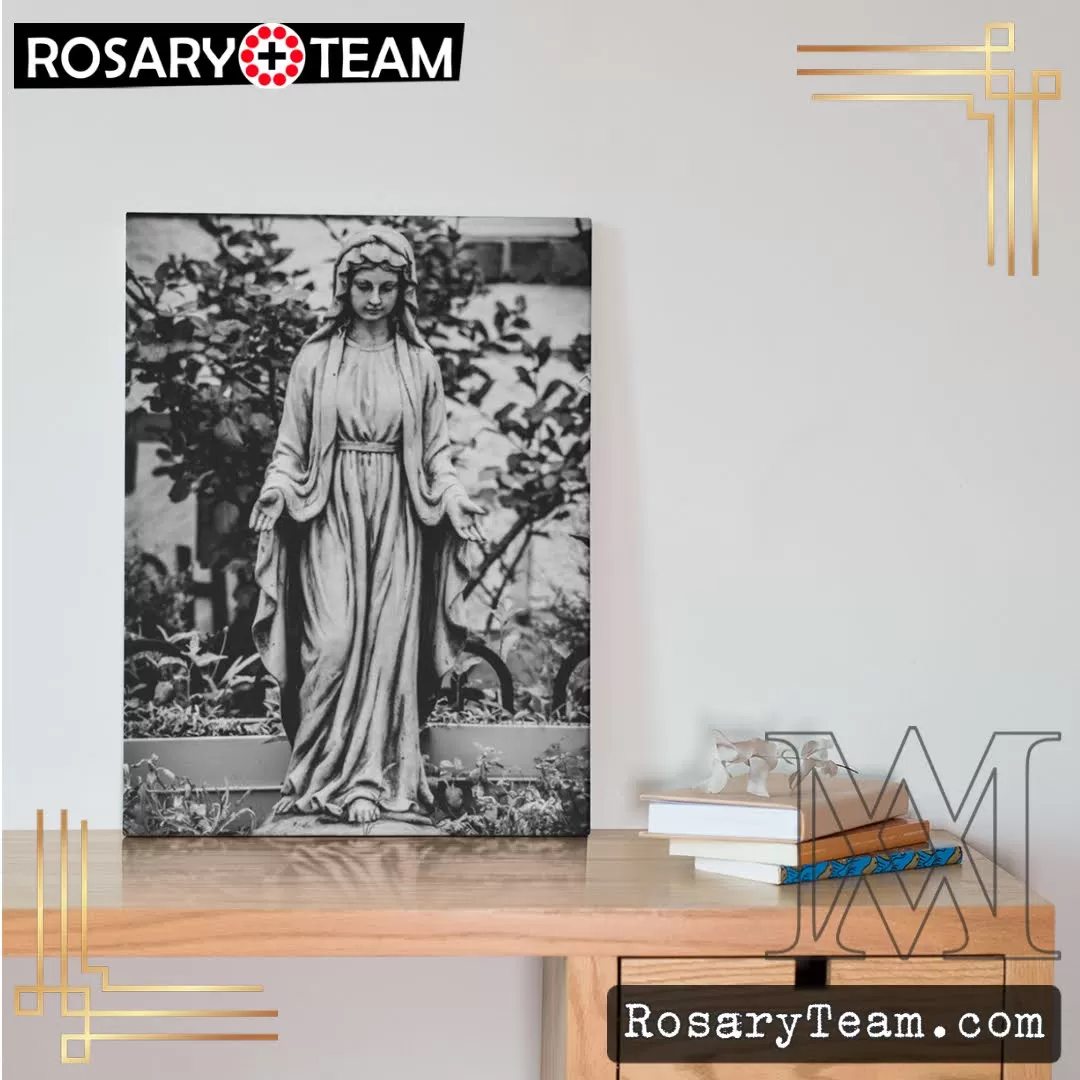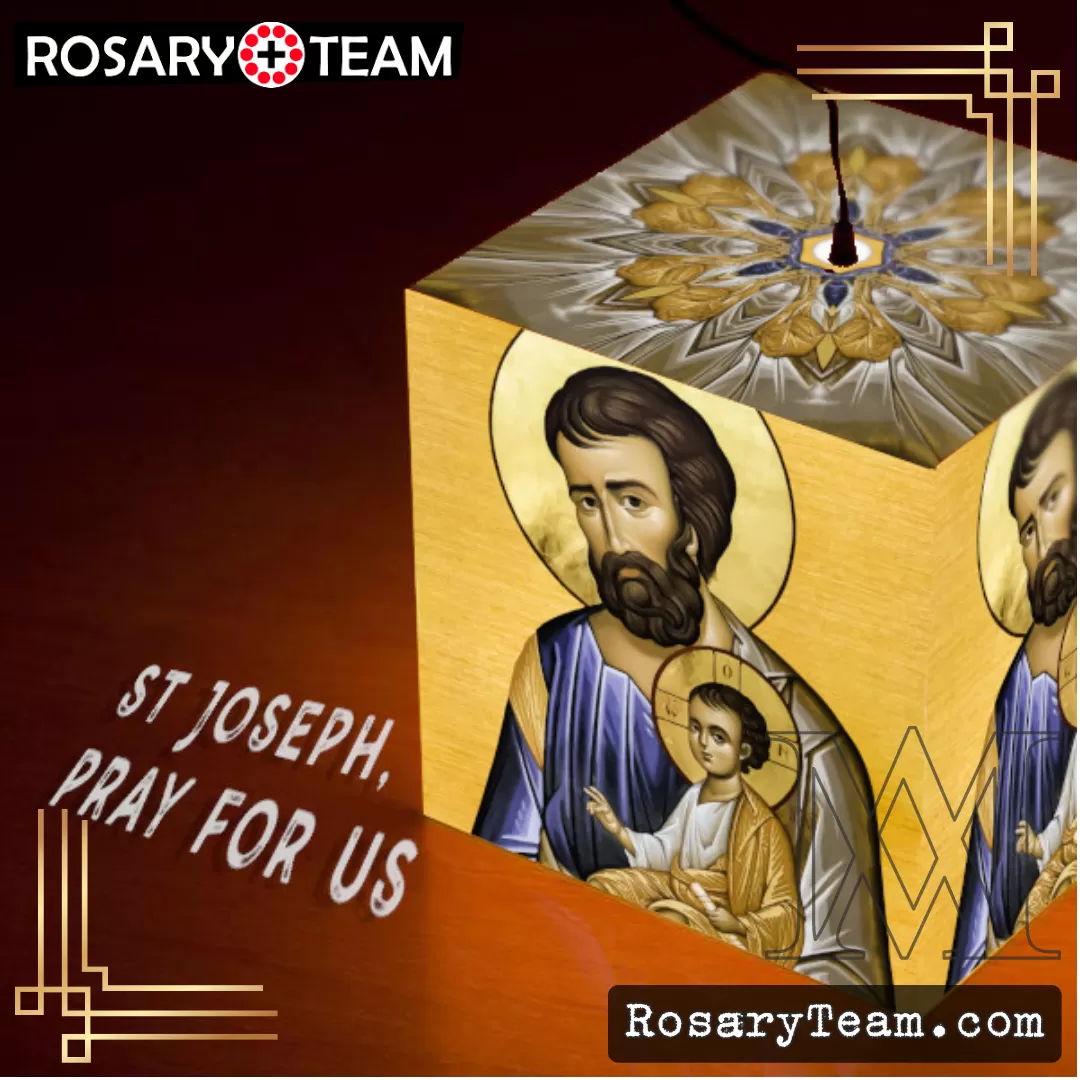Thursday, October 24 : Saint Gregory of Nyssa

No one who hears the account of the crossing of the Red Sea should be ignorant of the mystery of the water. He who has gone down into it with the army of the enemy emerges alone, leaving the enemy’s army drowning in the water. For who does not know that the Egyptian army… is the various passions of the soul by which man is enslaved: feelings of anger and the sensual impulses to pleasure, sorrow, and covetousness are indistinguishable from the aforementioned army?… All such things rush into the water with the Israelite who leads the way in the baleful passage. Then as the staff of faith leads on and the cloud provides light (Ex 14:16.19), the water gives life to those who find refuge in it but destroys their pursuers… If anyone wishes to clarify the figure, this lays it bare: those who pass through the mystical water in baptism must put to death in the water the whole phalanx of evil — such as covetousness, unbridled desire, rapacious thinking, the passion of conceit and arrogance, wild impulse, wrath, anger, malice envy, and all such things… Just as unleavened bread was eaten in the mystery of the Pasch, which is the name of the sacrificial victim whose blood prevents the death of the one using it (Ex 12:21.23), even so the Law now commands us to eat unleavened bread at the Pasch, unmixed with stale yeast. The Law gives us to understand by this that no remnant of evil should mix with the subsequent life (1 Cor 5:7-8)… Thus also he means here that after we have drowned the whole Egyptian person (that is, every form of evil) in the saving baptism we emerge alone, dragging along nothing foreign in our subsequent life.
Roman Extraordinary (Tridentine) Daily Readings – rosary,team
















